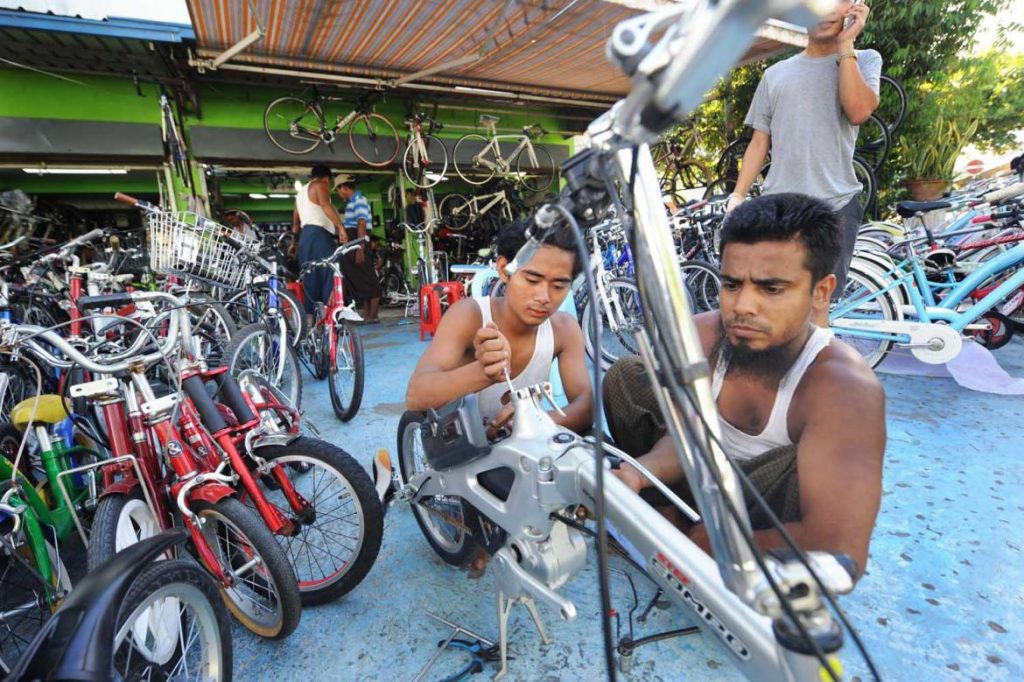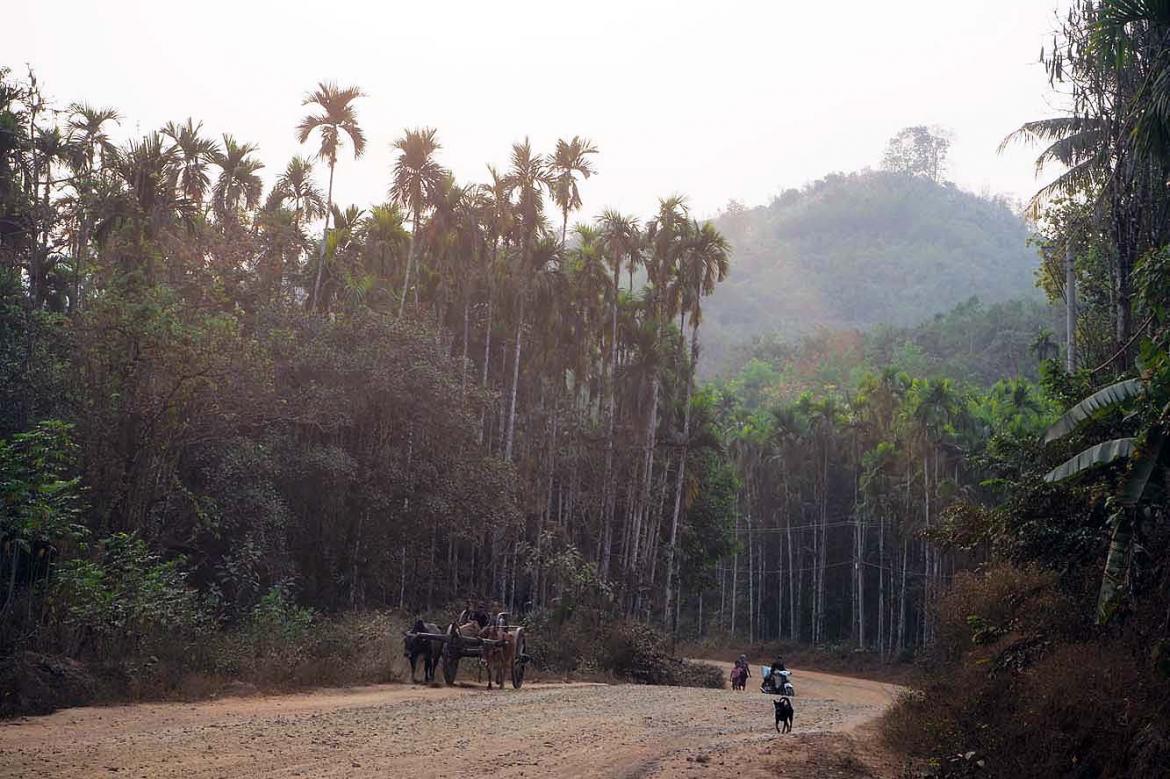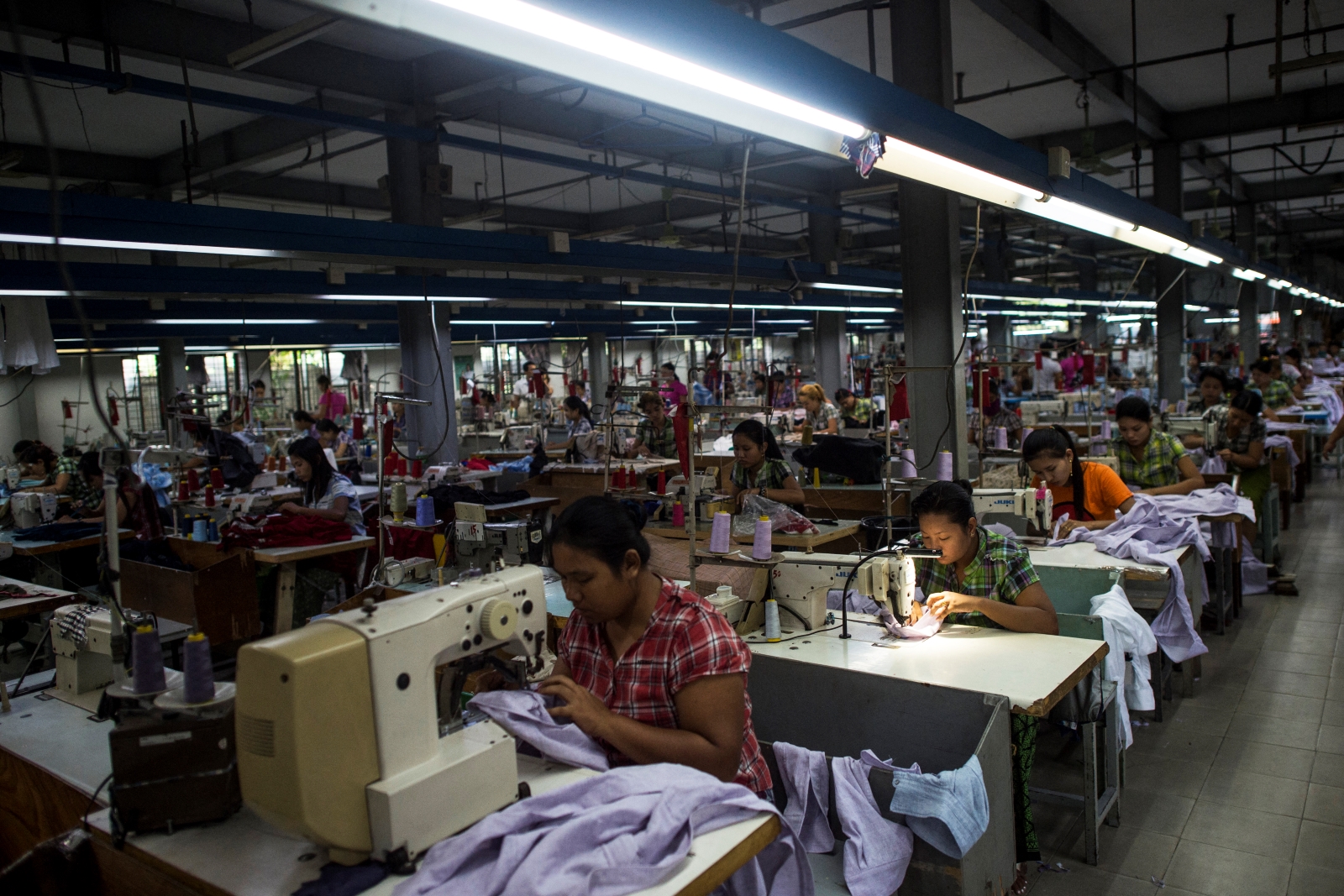If Myanmar is to provide decent employment for all and cut poverty, the many barriers to setting up and growing a business need to be addressed.
By THOMAS KRING | FRONTIER
MYANMAR is at a crossroads. With a democratically elected government, growing levels of foreign direct investment, rich endowments of natural resources and one of the highest rates of economic growth in the Asia-Pacific region, the future looks bright.
However, as experience around the world shows, FDI and natural resources alone do not guarantee equitable economic growth. To achieve this, growth needs to be more broad-based with strong linkages to the local economy.
The business sector, in particular small and medium enterprises, or SMEs, can be critical in promoting more equitable growth. SMEs have great potential for creating employment, including for youth. In Vietnam and Thailand, for example, SMEs account for 77 and 78 percent of total employment, respectively.
SMEs can also play an important role in alleviating poverty in rural areas and provide local opportunities through agro-processing and other agricultural-based businesses. The creation of more businesses also means increasing the potential for tax collection and thereby creating more fiscal space to support increased public spending.
Support more independent journalism like this. Sign up to be a Frontier member.
In order to learn more about businesses in Myanmar, the Central Statistical Organisation and United Nations Development Programme have conducted the Myanmar Business Survey, a comprehensive study of businesses in Myanmar with at least one hired worker.
It covers a range of topics, from size and age of the businesses to their geographical distribution and productivity. More than 14,000 heads of business were interviewed in order to make the survey truly national.
The results of the MBS, which were released on February 9, provide an excellent overview of Myanmar’s business sector. More importantly, the survey enables policymakers to identify some of the constraints businesses are facing that limit their growth.
One of the most striking findings is the low density of businesses. Myanmar has an average of 2.46 per 1,000 persons; in comparison, the average for least-developed countries in Asia-Pacific is 9.0 and for developing countries in Asia-Pacific it is 27.
There are many different reasons for this low average, but it clearly underscores both the importance of facilitating the creation of businesses as well as a large potential for business growth.
The MBS also found a relatively low density of businesses outside Yangon and Mandalay, the country’s two major economic hubs. These cities account for 32.7 percent of all businesses in the country. This suggests that unless the right policies are put in place, Myanmar risks a further concentration of economic activities in a few locations, leaving other areas increasingly marginalised.
The relative lack of businesses – and therefore economic opportunities – outside the major urban hubs can cause young people to move to the cities in search of employment, thus acting as a driver for internal migration and high urban population growth.
Another finding from the MBS worth highlighting is the low level of dynamism in the business sector in terms of start-ups. Only 16.5 percent of businesses were less than four years old. By comparison, in Vietnam 40 percent of businesses are less than five years old.
The low level of young businesses indicates a structural issue in the economy where high levels of growth do not result in new businesses being created. These are important as they tend to grow faster than the older and more established businesses and they also create more employment.
So what can be done to allow the full potential of the business sector to be realised? Experience from other countries has shown the importance of creating an enabling environment that allows entrepreneurs to start and grow their business.
Businesses need access to financial services, markets, inputs and electricity, and they need to be able to hire skilled labour – just to list some of the main issues. The scale of the challenge businesses face is also indicated by the country’s low ranking in the World Bank’s Doing Business index, where it ranked 170th out of 190 countries in 2017. In Asia-Pacific only Bangladesh scores lower.
Addressing these constraints and creating an enabling environment would require a set of comprehensive and cross-sectoral policies. None of the issues listed above are easily dealt with, but each acts as a significant obstacle to the creation and growth of businesses.
An enabling environment is particularly important at this point in time, as it would allow the business sector to fully benefit from the large influx of FDI that Myanmar is experiencing. Large-scale foreign investments in Myanmar in various sectors – from telecommunications to property and tourism – offer a unique opportunity for the business sector to become part of the supply chain for these projects.
The challenge is to ensure that all new FDI has solid linkages to the local economy and for this Myanmar needs businesses that can deliver quality products.
Looking to the future, the SME sector will also be an important factor as Myanmar moves towards achieving the Sustainable Development Goals by 2030, particularly those on poverty, and decent work and economic growth. The creation of decent employment for all is likely to be a key challenge.
The findings from the Myanmar Business Survey suggest that the SME sector represents a great opportunity for creating more inclusive and equitable growth and thereby helping the country achieve the SDGs.







